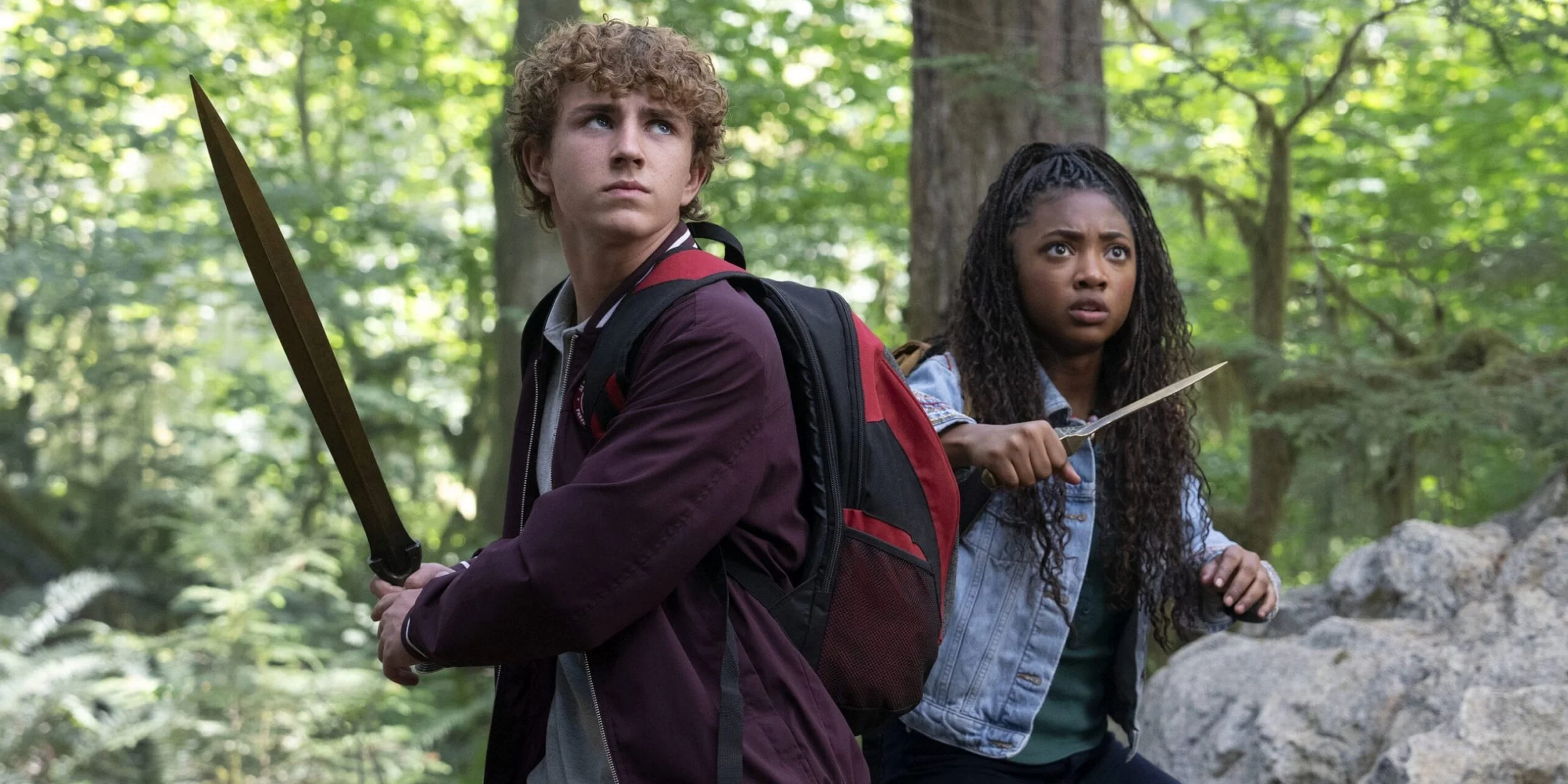Borat 2
/Landing on Amazon Prime one week before the US election, Sacha Baron Cohen is reprising his role as the Kazakh national Borat, a character whose earnestness is steeped in satire.
The first half of the trailer bears the typical editing style of most any other comedy trailer in recent memory, with the music stopping for each punch line before moving onward. The music here is “Cruzando el Campo” (crossing the field) by Fanfare Ciocărlia, a 2018 track by the Gypsy brass band, which blends elements of music from Turkey, Romania, and other Eastern Europe regions. It’s a musical approximation of the Central Asian / Eastern European geography that Borat is supposed to be germane to, and it works, especially for a satire aimed at a North American audience—the lower brass thumps along, oscillating between root and fifth in a classic pattern that is classically funny. It provides a base for the familiar, upon which Borat’s antics offer almost a counterpoint in his over-the-top mannerisms. We’re immediately reminded of why the 2006 original was a critical success—as a kind of contemporary, verbose, and accented Charlie Chaplin, most anyone else in any scene is instantly relegated to the role of the straight man (especially Mike Pence, as we’ll see later).
The second half of the trailer continues on this trajectory by widening this sense of counterpoint between sound and screen, with the music becoming even less remarkable while Baron Cohen’s act ups the comedic ante. A cover of C+C Music Factory’s “Gonna Make You Sweat (Everybody Dance Now)” with a similar but stripped-down arrangement is featured here. It’s a curious choice in that there doesn’t seem to be any particular reasoning behind it. However, it could be the case that its mundanity is exactly the point—Borat’s “subsequent movie film”, as he calls it, is obviously much less a well-wrought screenplay than it is a vehicle for social commentary; Sacha Baron Cohen leans into this element with several scenes that address the Coronavirus pandemic as well as the political polarization that has come with the Trump administration (Pence included).
Why else wait fourteen years between Borat films? It seems that the exceptionally interesting times upon us are what demanded it. The impressiveness of Borat as mediocrity personified is complemented well by the choice of music in this second half—it’s about as unremarkable as can be. And in a time where “unprecedented” has become an overused word, and “finds you well” has become the salutation non grata in email parlance, Baron Cohen is sagely predicting that a second dose of the character Borat is perhaps just what we need.
— Curtis Perry







